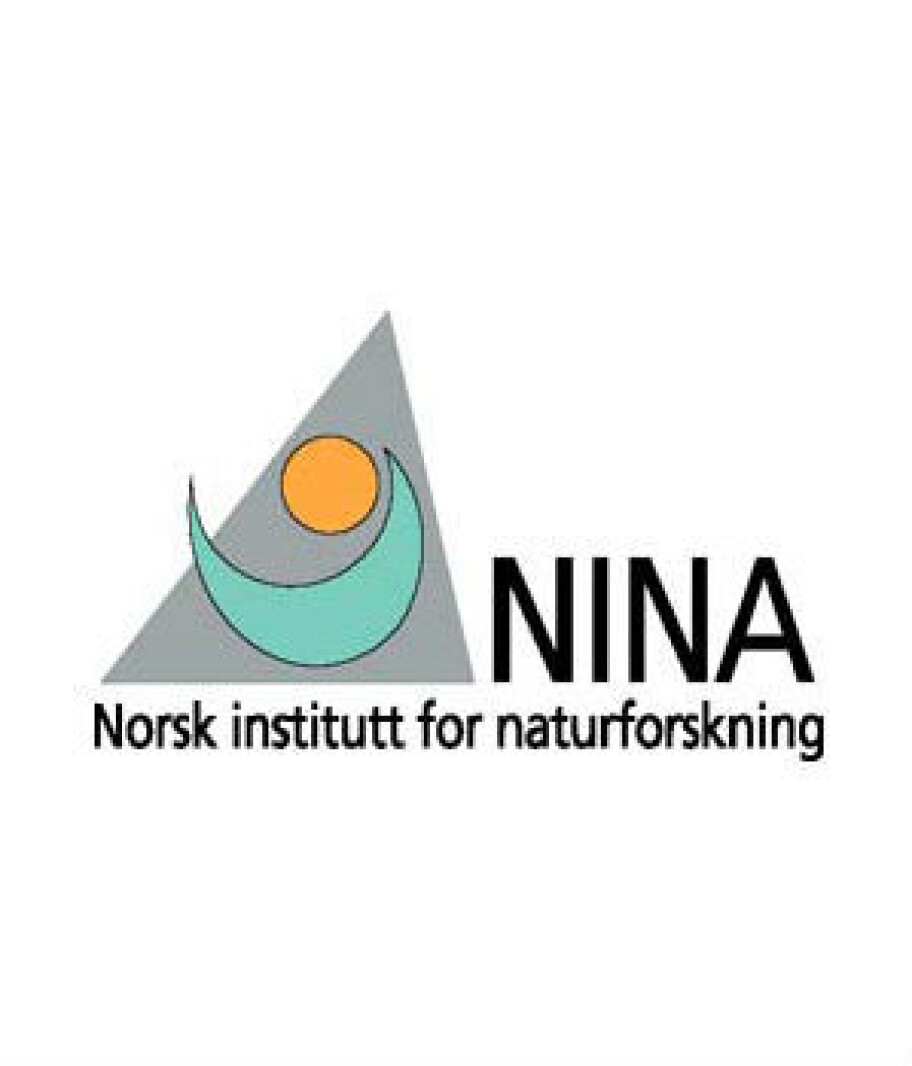Stilling:
Post doctoral fellow - Building hierarchical population models to facilitate human wildlife coexistence
Application deadline: 2018-08-20

The Department of Terrestrial Ecology at Norwegian Institute for Nature Research (NINA) announces a vacant position for until 20 months as a post-doctoral fellow. “Building hierarchical population models to facilitate human wildlife coexistence”.
Job description
This post-doctoral project will focus on developing hierarchical population models for the sustainable harvest management of wildlife populations. The first part of the project is commissioned by the Norwegian Environmental Agency, with the aim to build improved tools for population forecasting and harvest management of Eurasian lynx. The main model framework is already established, but a key task for the post-doctoral fellow will be to investigate the effects of various environmental factors on the population dynamics of Eurasian lynx. These population models will then be used as the biological basis for a simulation study aiming to identify robust management strategies that work well under uncertainties. The simulation models will, in addition to the biological models, also include specific models for the uncertainty in the monitoring process as well as stochasticity in the implementation of the harvest quotas. In a second part of the project, it is expected that the selected candidate will investigate how monitoring programs that involve broad participation and citizen scientists can be used to make informed decisions relevant for wildlife management and conservation.
The project is funded through a grant from the Norwegian Environmental Agency and from the Norwegian Research Council. The expected deliveries from this project therefore include both scientific papers as well as practical tools that will be applied by the management agencies. The selected candidate must thus be motivated to work on applied issues and have a sound understanding of the use of quantitative models in wildlife management.
The fellow will have his/her main office at NINA in Trondheim but will also collaborate with researchers at NINA’s office in Oslo and other national and international partners. The fellow will be tightly integrated with the work conducted in various projects at NINA, including INTEGRATE, COEXISTENCE, Scandlynx, and the national monitoring program for large carnivores (ROVDATA).
Qualifications
We seek a highly motivated candidate to work with us on the project outlined above. The successful candidate will need the following qualifications:
- The applicant should have strong quantitative skills and hold a PhD in ecology, wildlife management or biostatistics.
- A demonstrated ability to publish scientific papers and communicate results to a wider public.
- Good knowledge of the statistical program R is a prerequisite.
- Knowledge about Bayesian statistics is a clear advantage.
- Familiarity and proven ability to use mathematical simulation models is a clear strength.
- An ability to work well in teams.
Evaluation of the applicants will be based on the application and attached materials, including presentation of academic work, previous experience and publications. Applicants short-listed for the position will normally be invited for an interview. Prominence will be given for personal traits which are deemed relevant for the execution of the role. Knowledge of Norwegian language is not required.
Terms of employment
We offer until 20 months full-time contract as a post-doctoral fellow.
- Salary will start on Norwegian pay scale level 66 (currently about 586 500 NOK annually).
- Flexible working hours
- Good pension and collective life insurance
- Good opportunities for professional development
The position will be based in NINAs office in Trondheim.
NINA has a personnel policy objective that the staff must reflect the composition of the population to the greatest possible extent. NINA would like to increase the percentage of female scientists within the institute and would therefore encourage female candidates to apply.
For further information, please contact:
- Senior Research Scientist Erlend B. Nilsen (phone: +47 41425684; e-mail: erlend.nilsen@nina.no) or
- Research Director Morten Kjørstad (phone: +47 97730830; e-mail: morten.kjorstad@nina.no)
The application should contain:
- A one-page letter where the candidate explains their motivation for applying for this post doc fellowship and a brief description of the scientific relevance of the candidate’s research experience.
- A CV including a list of publications with bibliographical references and contact details (telephone and e-mail) for three references.
- The most relevant publications (including manuscripts that are not yet published) that have relevance for the evaluation of the applicant’s qualifications.
The application must be submitted in English. The application should be submitted by e-mail to siri.svendsen@nina.no.
The reference code for the position is MONITOR1
Initial closing date: 2018-08-20.






